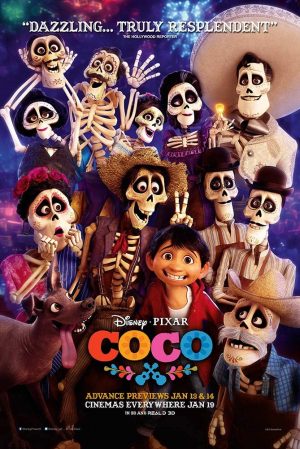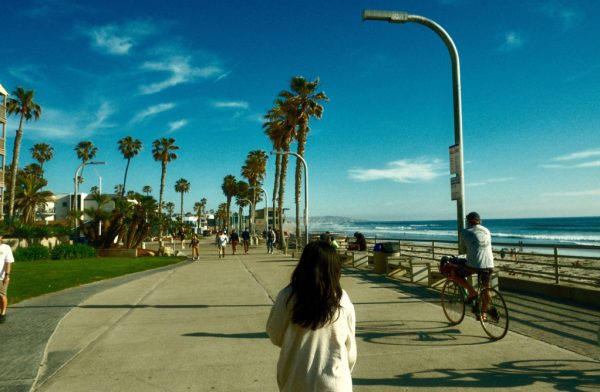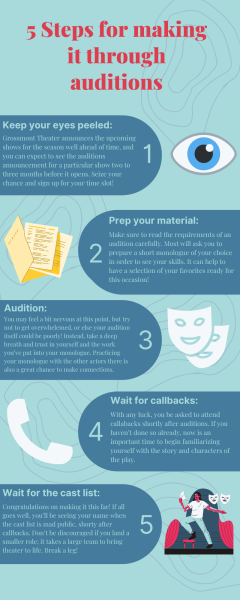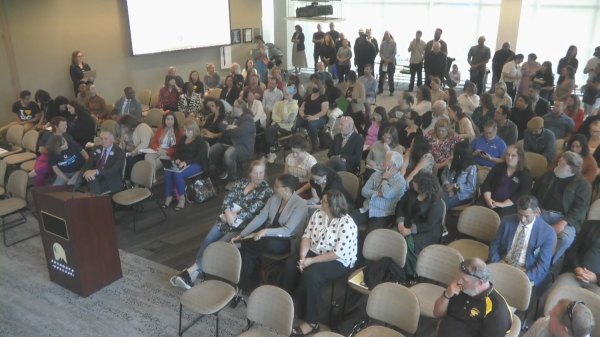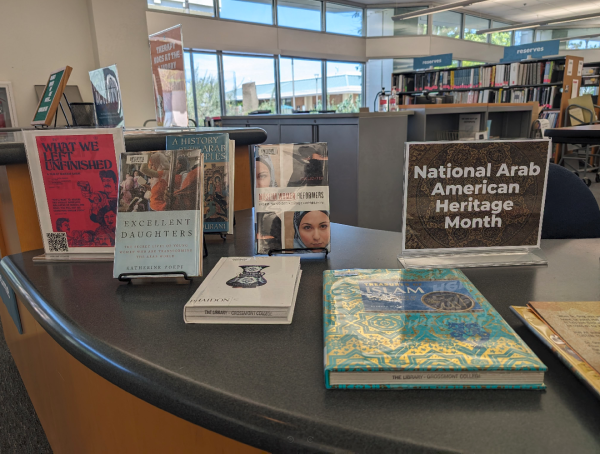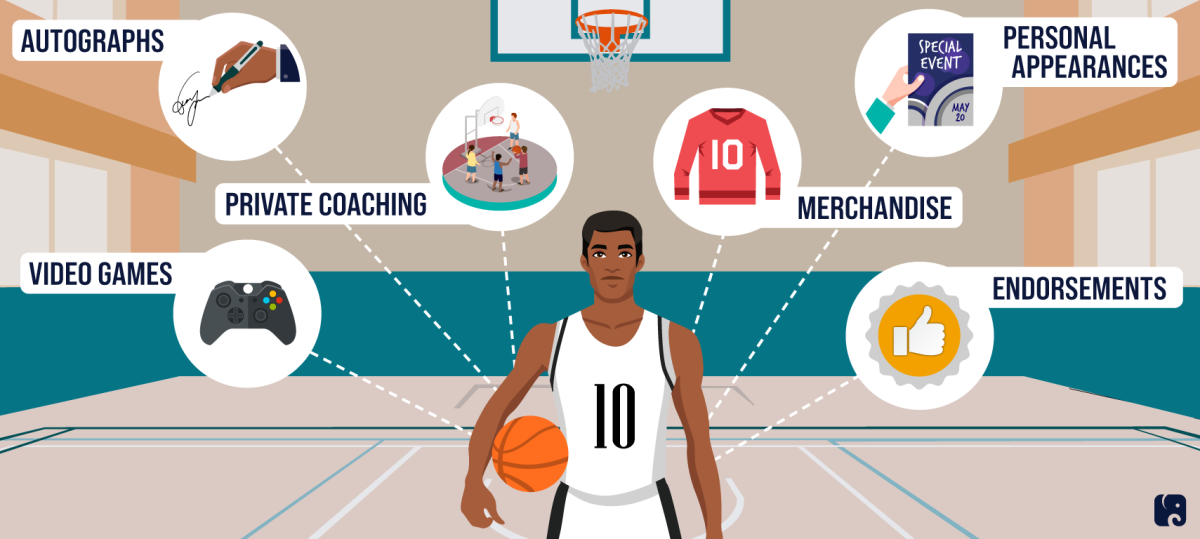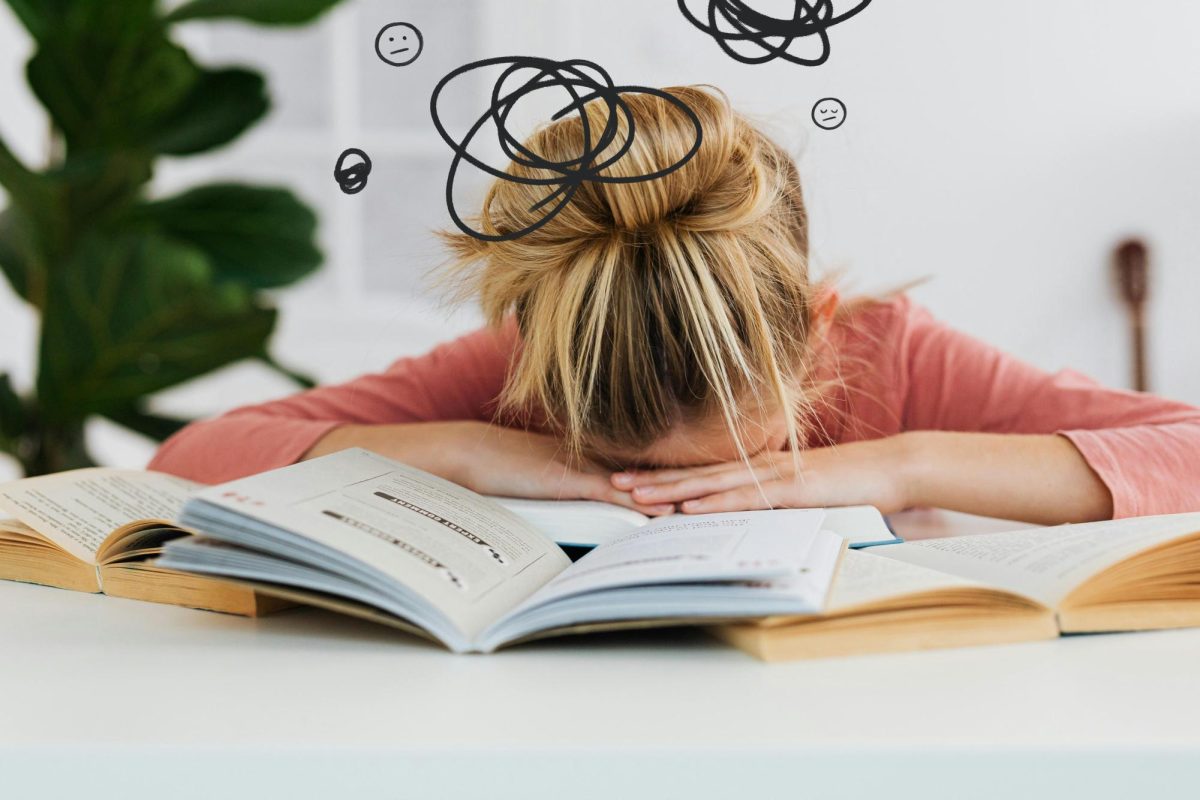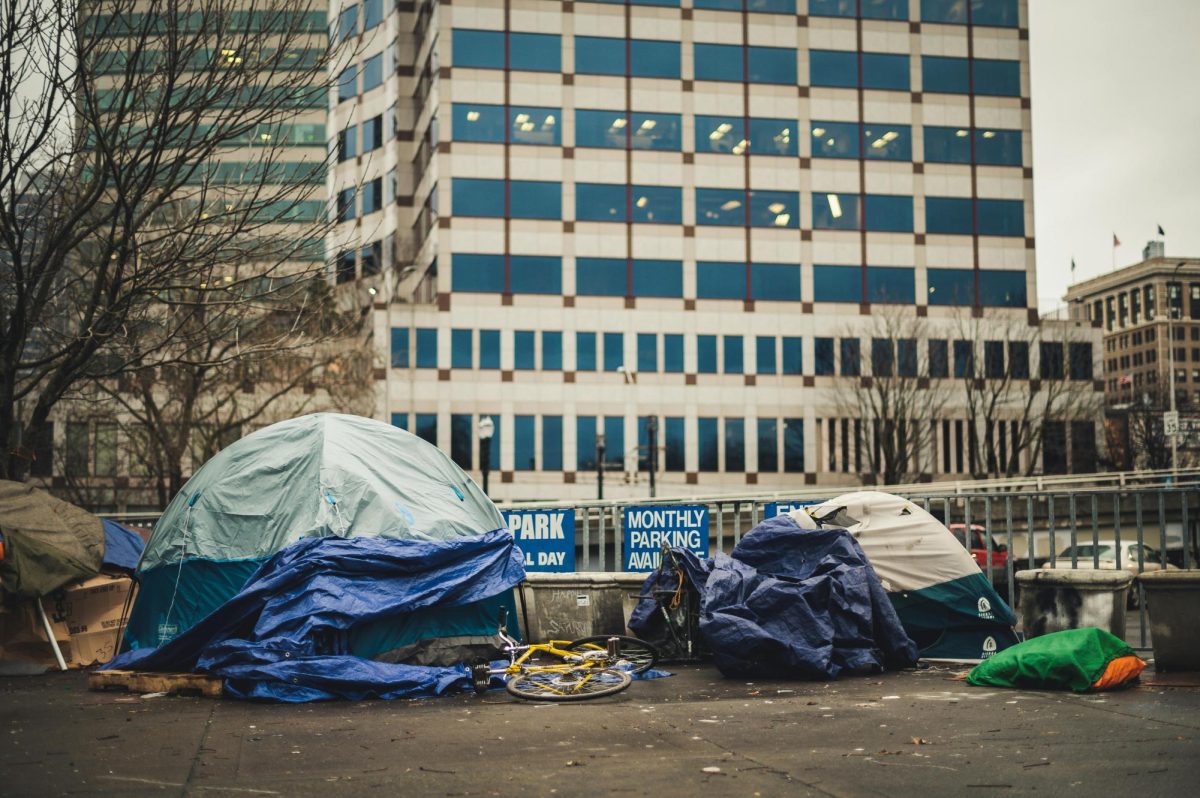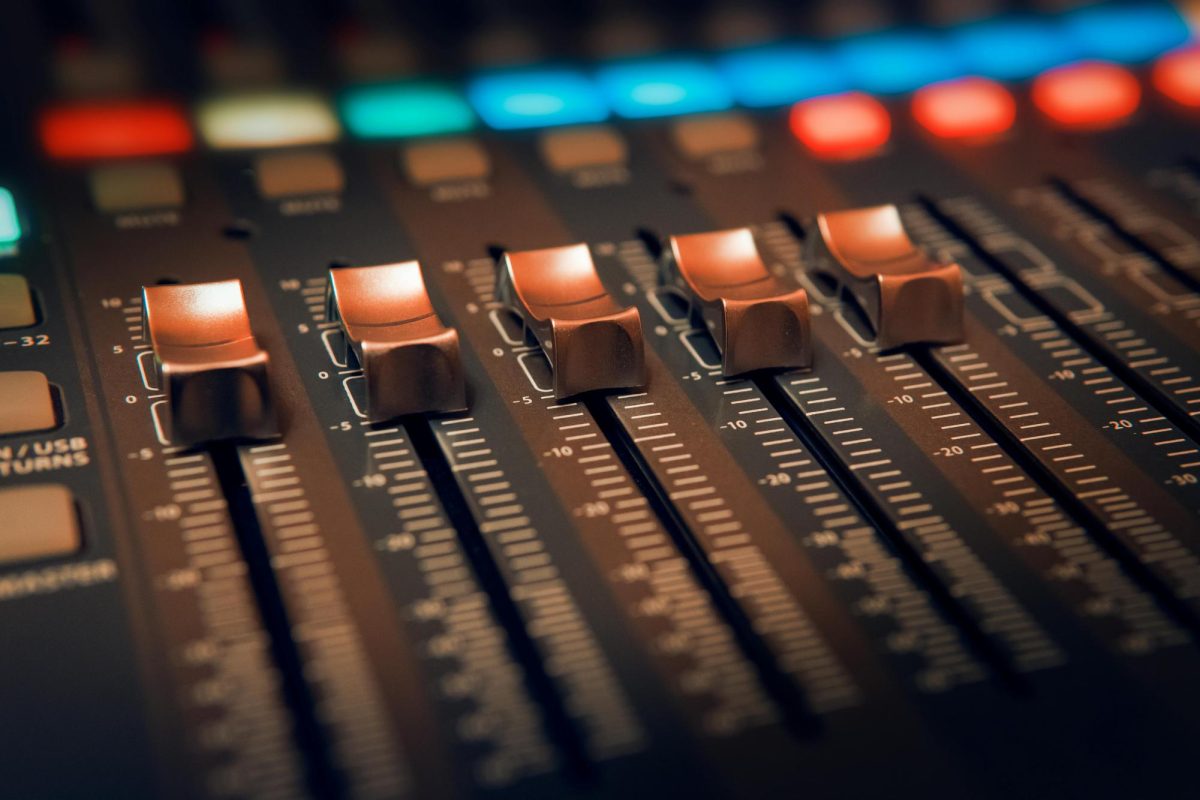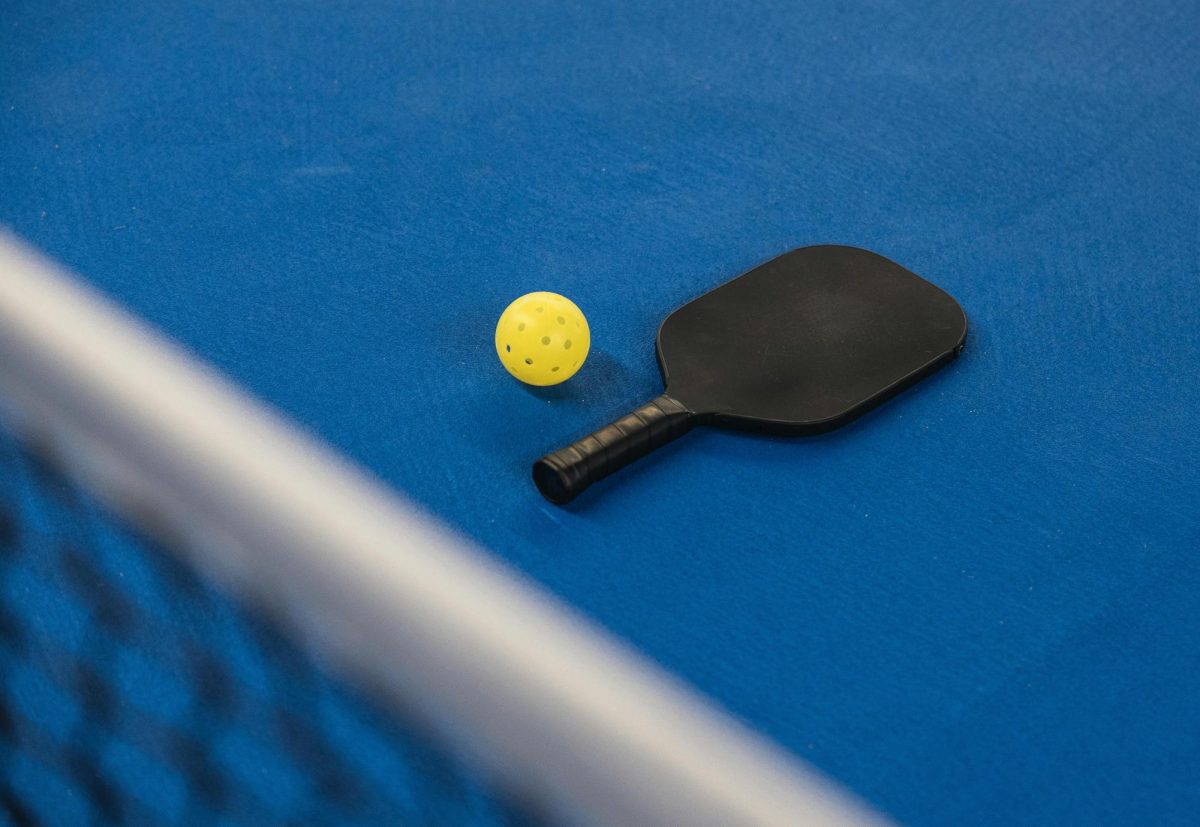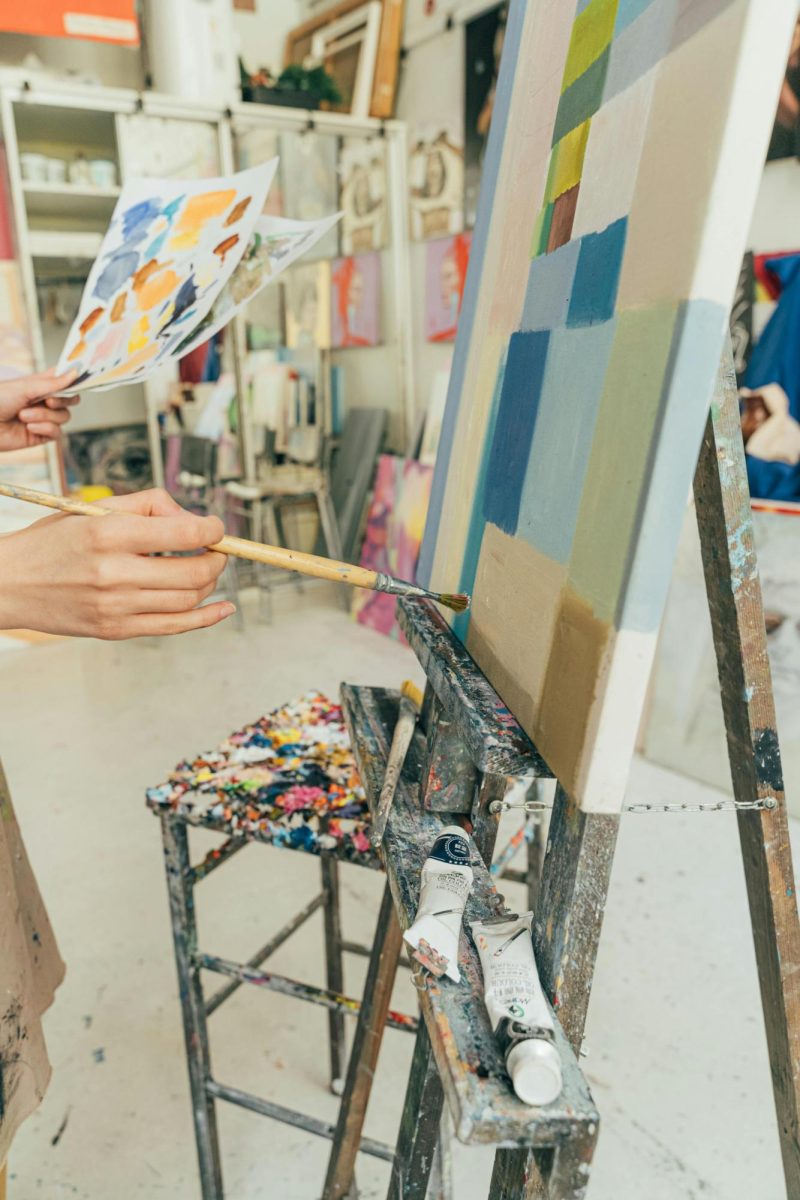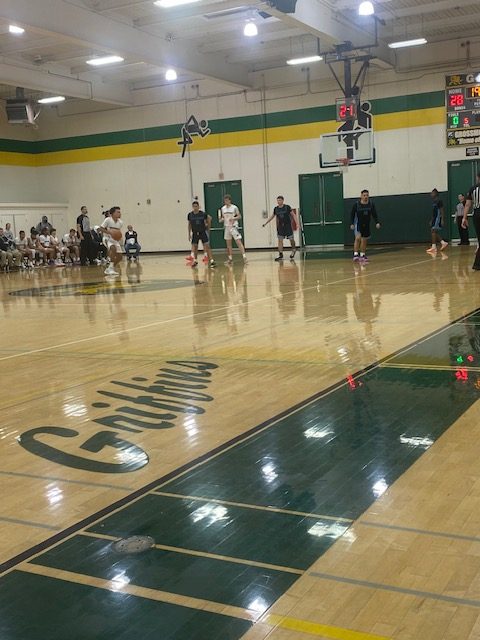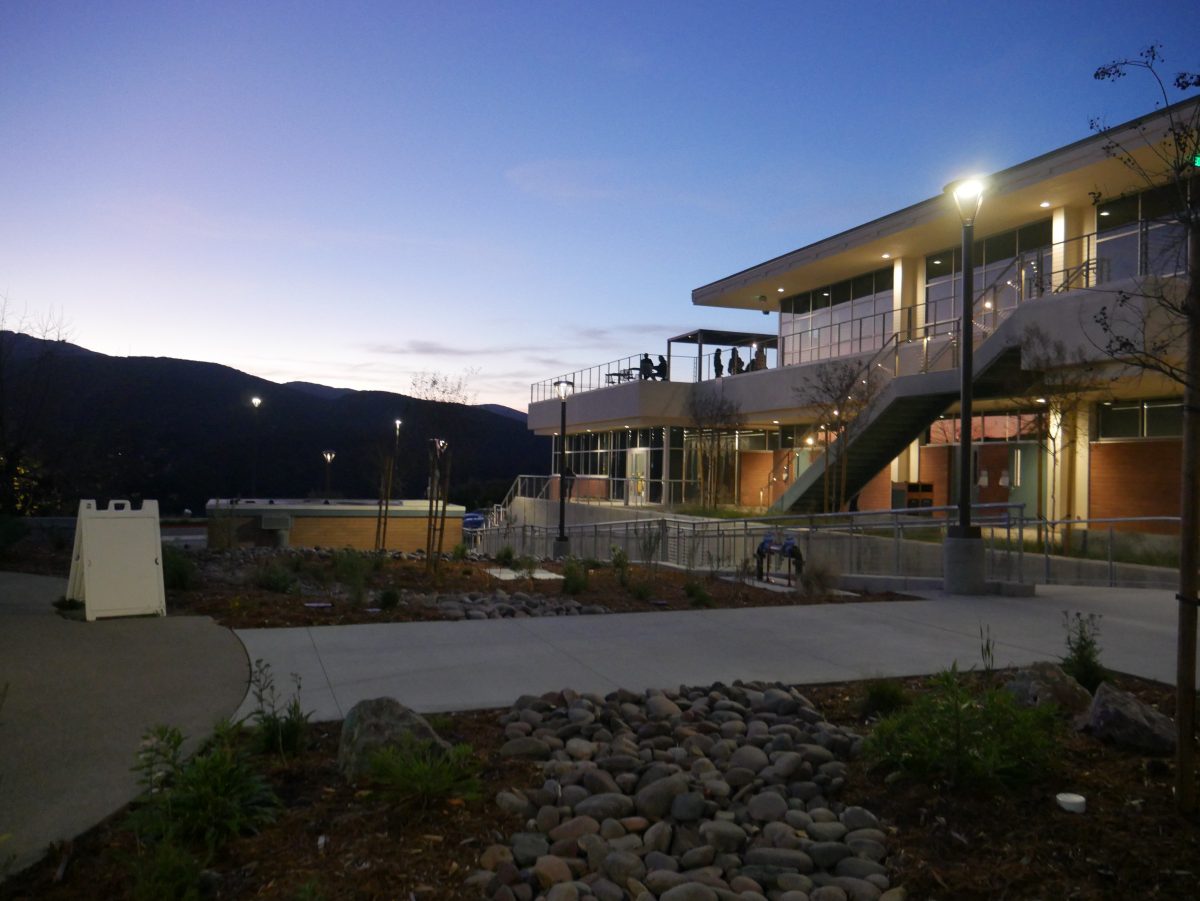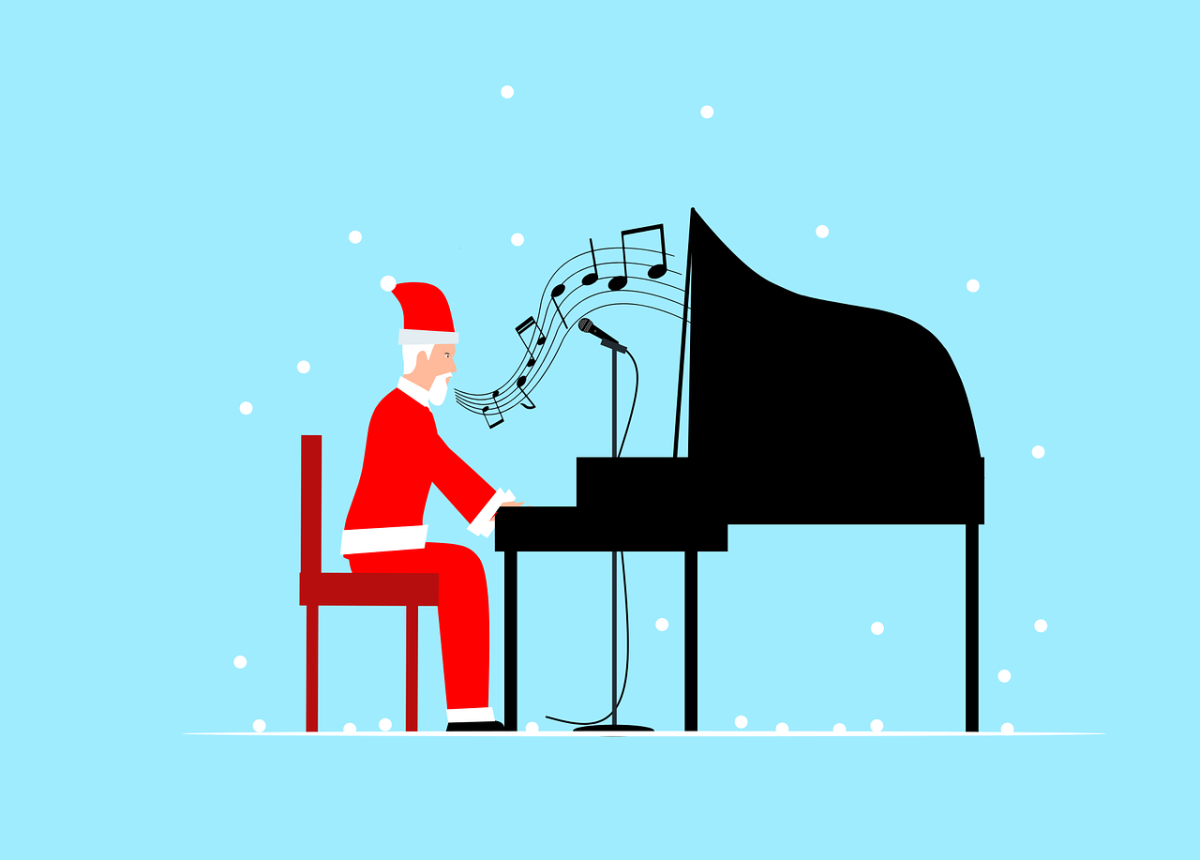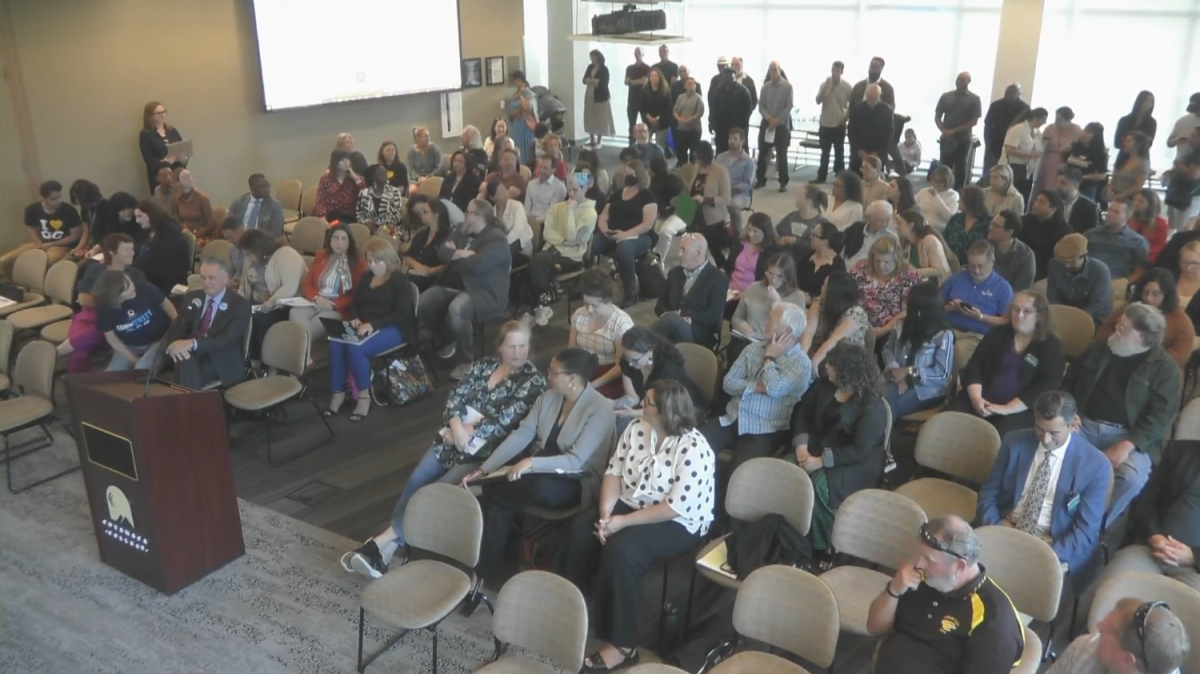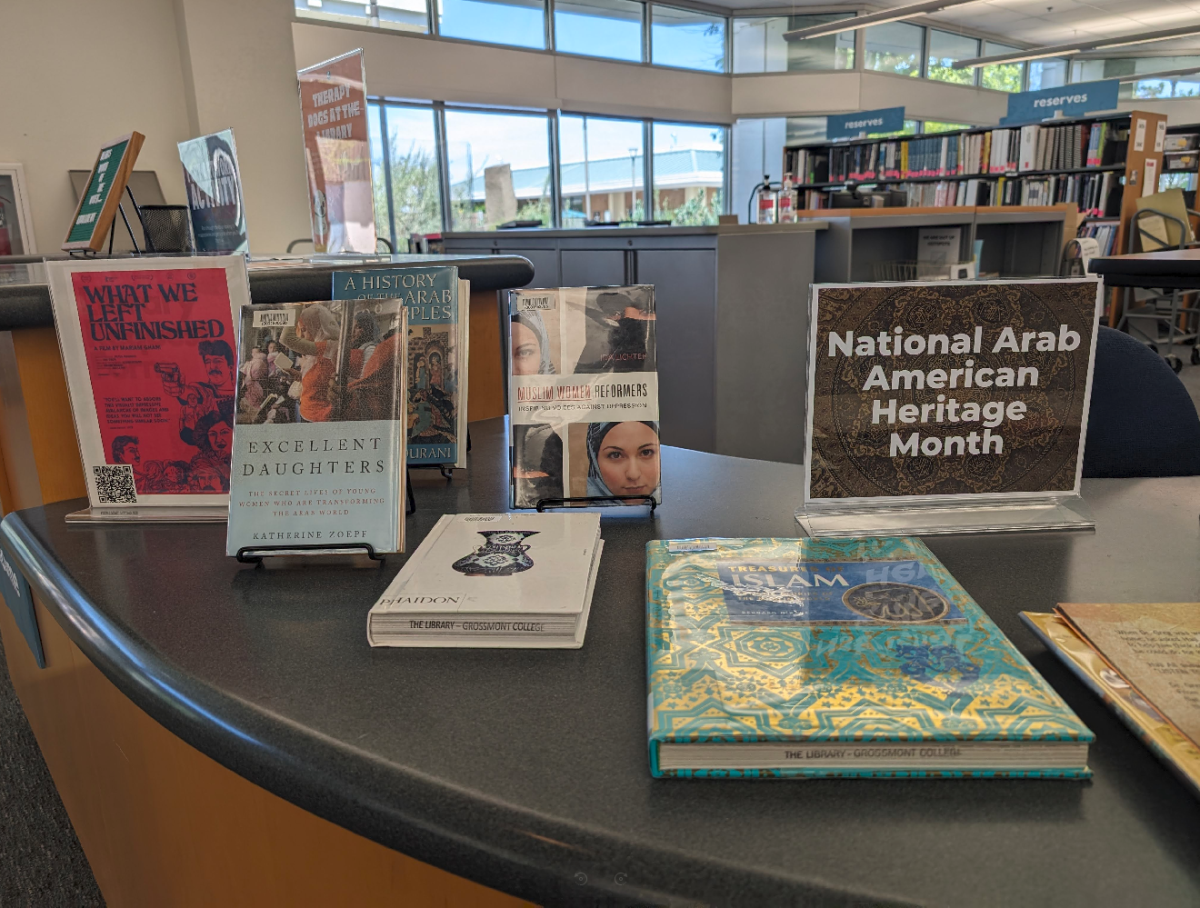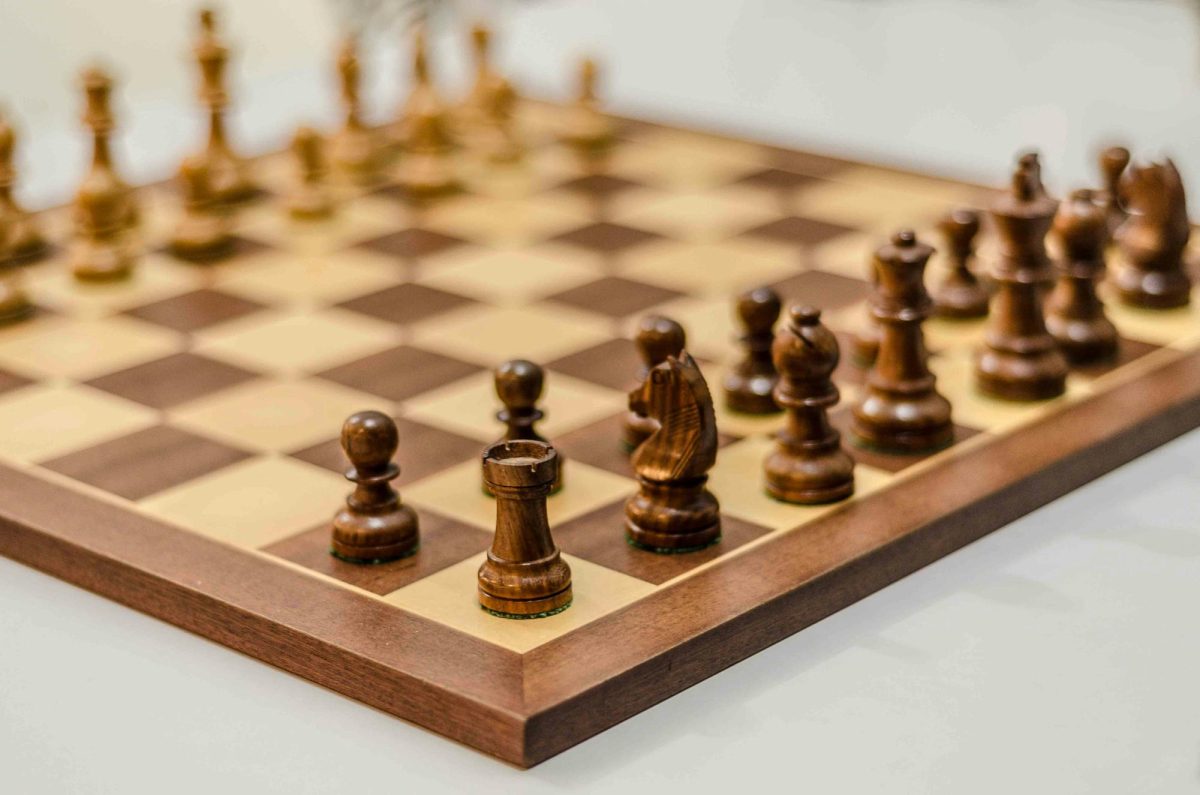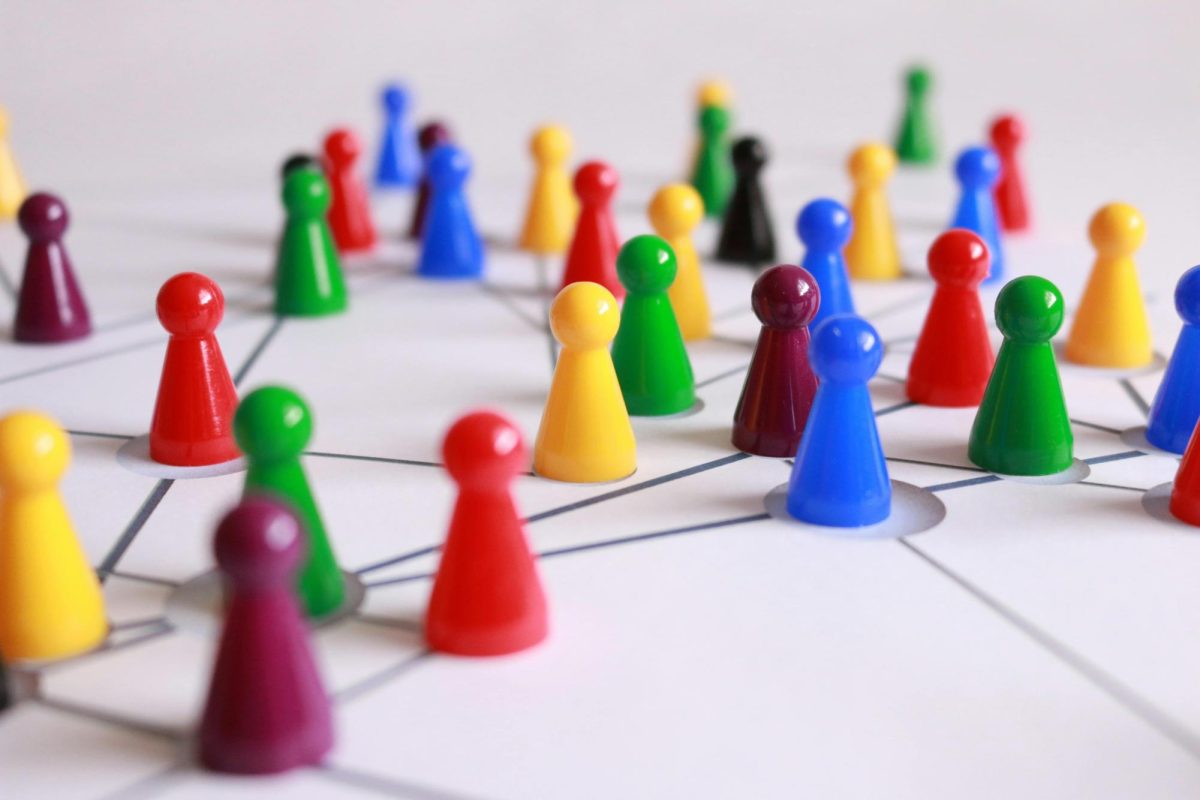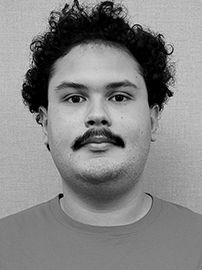You’ve probably heard all about it recently in the news: Name, image and likeness for student-athletes. Over the years, it’s become something of a larger issue, going from whether athletes can receive payments from video game companies, to the concept of endorsements as a whole.
This seems to be changing as of late. For those who are unaware, name, image and likeness – or NIL for short – are parts that make up the “right of publicity” in the advertising world. In short, it’s a legal concept used to allow or prevent an individual from promoting a product.
The NIL concept can apply to not just athletes, but also celebrities, internet stars and even politicians. Having said that, the National Collegiate Athletic Association, or NCAA, has been under scrutiny for decades for not seeming to honor the concept.
That all changed in 2019, when California Gov. Gavin Newsom signed the Fair Pay to Play Act, allowing student-athletes to earn some money, and setting a precedent for how colleges would treat monetary gains for college athletes. This was further solidified in June of 2021 with the NCAA suspending NIL rules for current and incoming athletes. This has expanded the market for many colleges and incoming students, leading to some universities capitalizing on them with separate NIL web stores.
Many people in the collegiate community have voiced a very positive opinion toward NILs. Grossmont Women’s Volleyball Head Coach Brooke Callahan seemed optimistic over the concept of endorsements.
“I feel that student-athletes should, in some way, benefit from that if others are getting positive financial gains from them,” Callahan said. “I think just like anything else in the world, they should be able to also benefit from it.”
Callahan added that if she had the same opportunity during her time in junior college and collegiate sports, she would have taken advantage of it, although the women’s sports market still has a lot of untapped potential.
Her players, Chelsee Trendler and Alyson Guise, seemed to agree.
“Negatively it wouldn’t harm anybody very much, but positively it could help others transfer out into the portal and get somewhere bigger,” he said. “It gets them more exposure to other places, promotes their sport.”
Jason Allen, the associate dean of Athletics at Grossmont, expressed hope for the future.
“I do think that eventually it will be a very positive thing, allowing grown folks which most college students are to make money off their hard-earned efforts to represent their colleges,” he said.
There is no telling the future of NIL, but one can hope it will lead to a more prosperous environment for college athletics.





